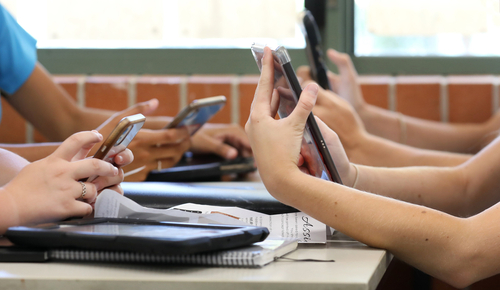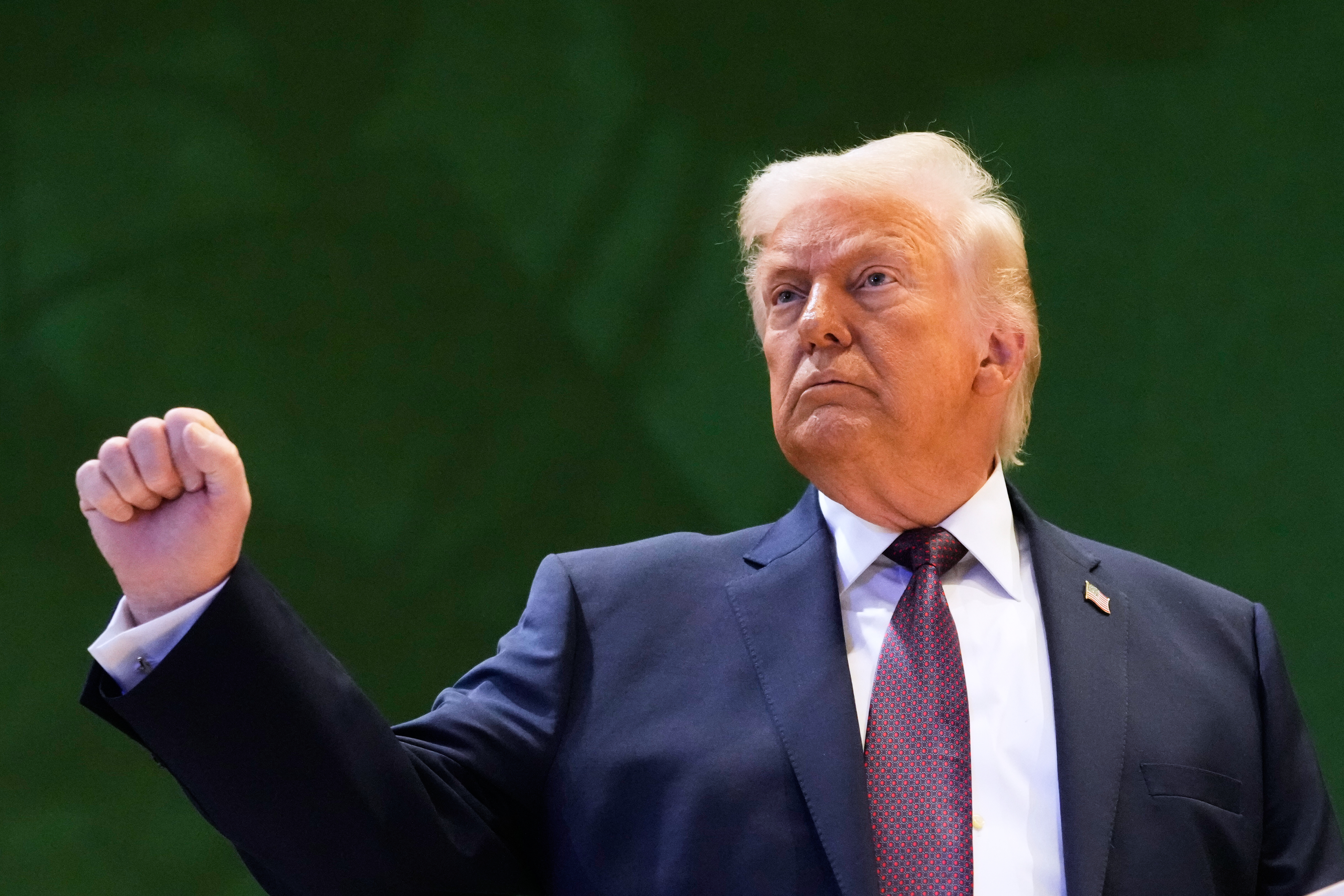It's always difficult to talk to your loved ones, especially children, in the wake of a school shooting.
Clinical psychologist and trauma expert Dr. Robin Gurwitch told Scripps news that the timing of the shooting at Apalachee High School in Winder, Georgia, could make those conversations tougher.
"At the beginning of the school year, when I'm thinking, 'This is going to be a good year,' and it starts out with a horrific tragedy, then the question becomes, 'Are all my hopes for what the school year could bring for nothing?' And we have to reinforce that there's still some positives that we can find in the school year they have ahead and what is their school doing to keep them as safe as possible," Gurwich said.
When talking to kids about shootings, experts say staying calm, and having a plan of what to say, but being ready and leaving space to listen, is key. Starting with just stating the fact that there was a shooting at a school can be a strong start, experts say.
RELATED STORY | In most cases of school shootings, shooter exhibits warning signs, report finds
Parents are encouraged to be up to date if their child has questions and remember it's crucial not to shut down any emotions and tears if they come up. Much of the conversation should revolve around safety.
"What we can say is, 'I truly believe that your school or our community, our family, is doing everything it can to keep you safe. And I would never send you somewhere that I didn't believe that you would be OK,'" Gurwich said.












